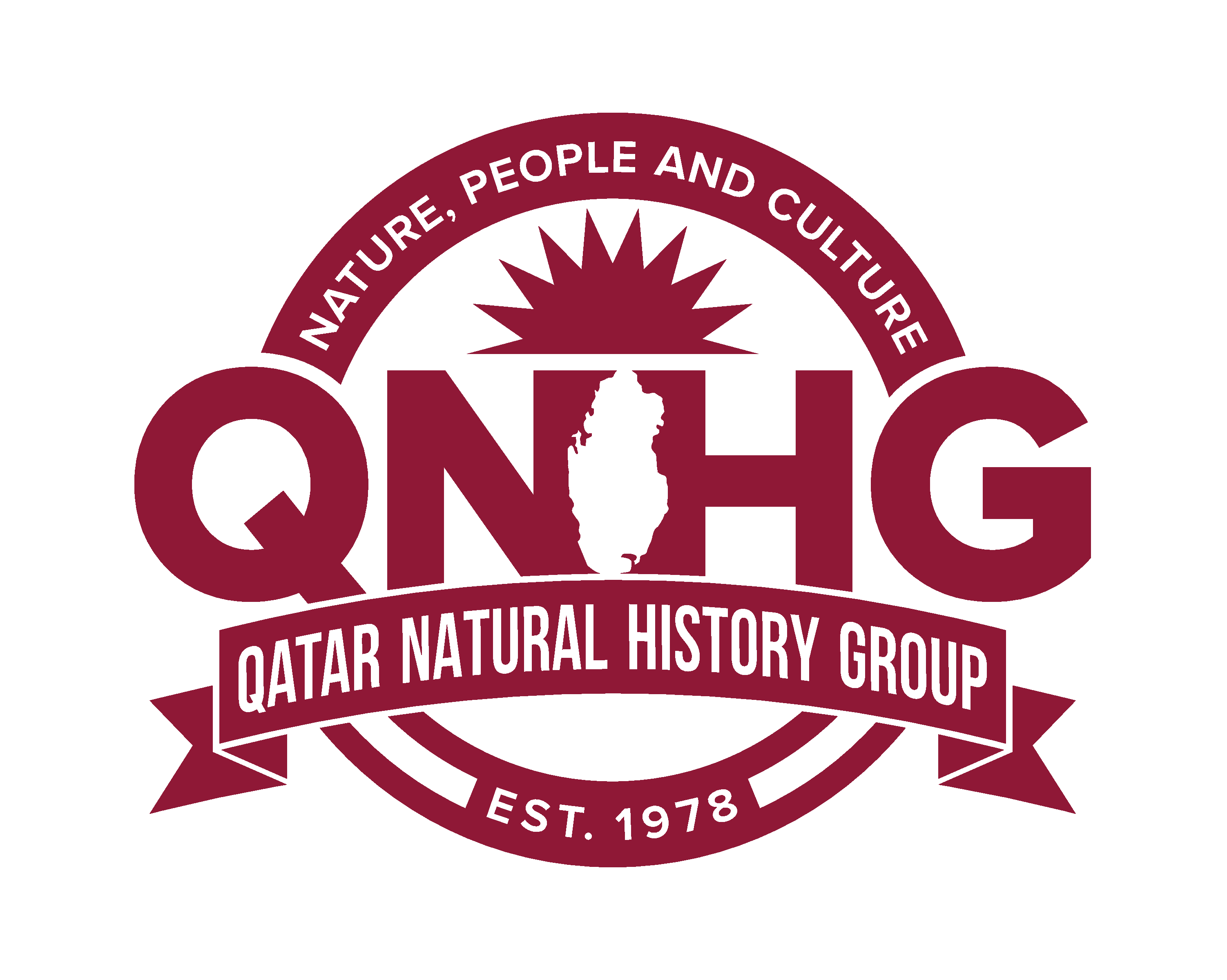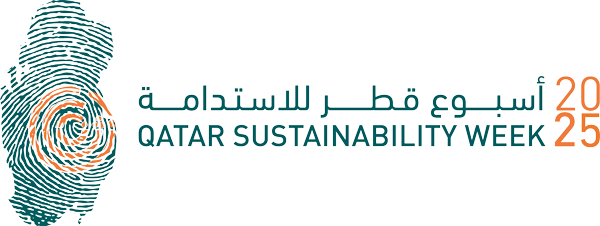In this talk on water sustainability in arid environments, Dr. Manawi will focus on the unique challenges faced by Qatar, a country located in one of the driest regions on Earth, and highlight the cutting-edge research being conducted by the Qatar Environment and Energy Research Institute (QEERI) to address these challenges.
The talk will introduce the audience to Qatar’s water resources and the projected impacts of climate change, and outline the sustainability initiatives that are being researched at QEERI, aiming to introduce resilience into the water sector for Qatar and other arid environments. He’ll introduce the concept of green infrastructure as a sustainable approach to managing water in Qatar’s urban environments. QEERI’s research focuses on developing systems that integrate natural processes—such as urban greening, permeable surfaces, and biofiltration—to enhance water retention, reduce runoff, and lower the energy costs of managing stormwater.
He will explore QEERI’s advancements in novel desalination technologies and brine squeezing. Qatar relies heavily on desalination, but traditional processes are energy-intensive and generate high-salinity brine. QEERI is developing more energy-efficient methods to extract freshwater from seawater, while simultaneously reducing the environmental impact of brine disposal by "squeezing" out additional water and minerals from the brine, minimizing waste.
He will introduce QEERI’s research into oily water separation. Industrial processes, especially in the oil and gas sector, produce large volumes of water mixed with hydrocarbons. QEERI is pioneering membrane and filtration technologies to separate oil from water efficiently, ensuring that both water and oil can be reused, thereby reducing the environmental footprint of industrial water consumption.
Finally, Dr Manawi will address the critical issue of wastewater treatment and reuse. In Qatar, treated wastewater is increasingly seen as a valuable resource. QEERI is advancing treatment methods that ensure water is safely recycled for use in agriculture, landscaping, and industry, contributing to a circular water economy.

